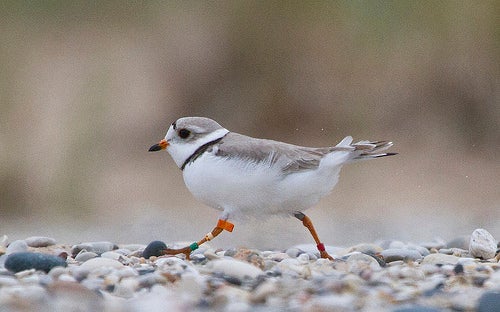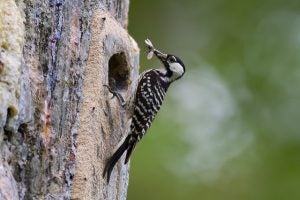Critical habitat designations are an essential tool in the Endangered Species Act (ESA) toolbox. They are the primary mechanism Congress created to accomplish the goal of the act, “to provide a means whereby the ecosystems upon which endangered species and threatened species depend may be conserved.”

Critical habitat is the science-based determination of specific areas that are essential for a species’ survival. The U.S. Fish and Wildlife Service and National Marine Fisheries Service designate critical habitat for threatened and endangered species, like the marbled murrelet and piping plover, to signal to federal agencies, landowners, industries and conservationists where habitat protections should be prioritized and impacts avoided. Photo credit: Kathy1006
Because habitat loss and fragmentation is currently the leading cause of extinction, it’s vital to protect areas that currently contain the physical and biological features that are essential for species survival today.
Supporting imperiled species also requires that the U.S. Fish and Wildlife Service and National Marine Fisheries Service (Services) identify and protect historic ranges that can be restored or rehabilitated, provide key features or dynamic forces essential to species, or potentially become suitable habitat due to climate change. Critical habitat designations are the tool the Services use to do this.
As important as they are, critical habitat designations don’t come without controversy. Read More











